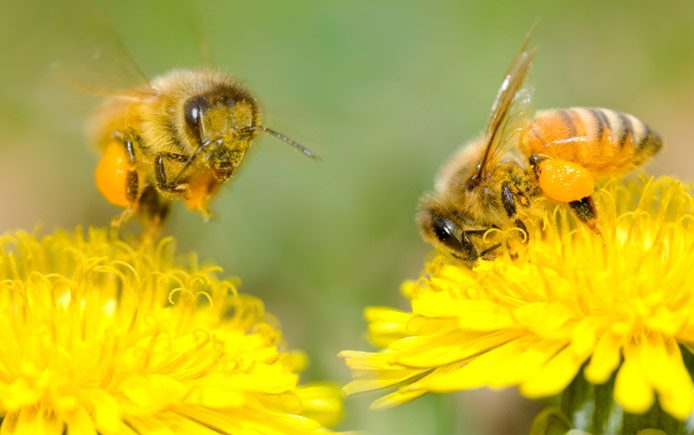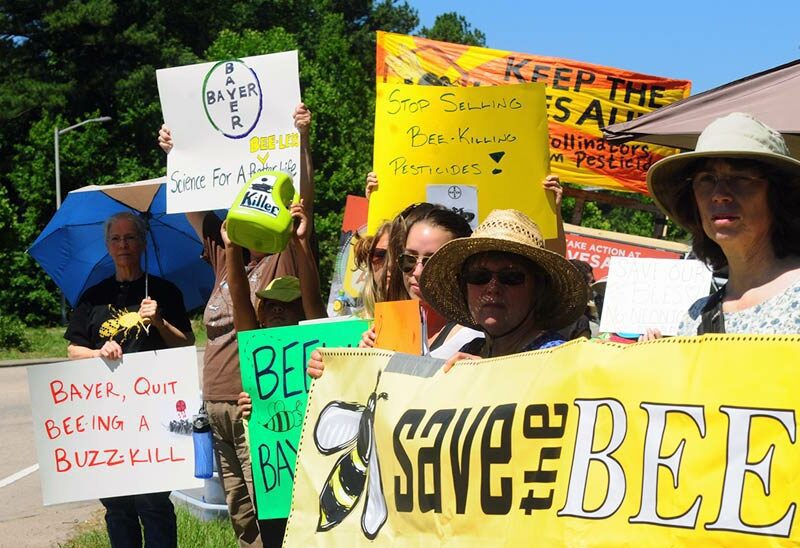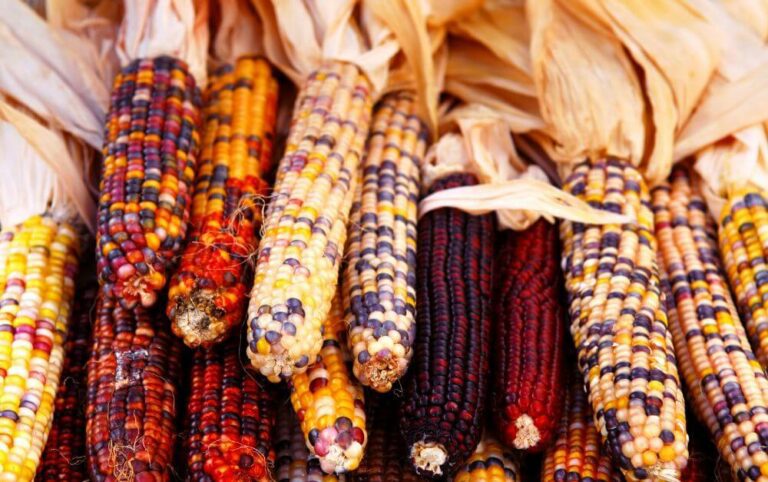On April 1, 2024, Mexico was set to follow through with its 2020 commitment to ban the toxic herbicide glyphosate (the active ingredient in Bayer’s Roundup in the USA and Faena in Mexico) by 2024. When the plan to phase out glyphosate and genetically engineered (GE) corn was originally laid out, Mexico’s government cited the purpose of the new policies as “contributing to food sovereignty and security” and the health of the Mexican people, as well as protecting native corn from contamination by GE pollen. Glyphosate is a pervasive herbicide frequently used on corn and other commodity crops, and genetically engineered corn is often modified to—among other things—be resistant to glyphosate.

News & Analysis
About every five years, the U.S. Congress passes the biggest set of food and farming policies that define the majority of federal farm, food, nutrition, and rural economic programs. At a cost of about $440 billion over five years, these programs influence: What is grown; who grows it; how it is grown or produced; what is done with those products and where they are sold; who can access and afford those goods; and how we invest in rural communities.
By supporting good legislation, opposing bad legislation, and building up a network of supporting organizations, it is our hope that we can collectively move the needle on farmworker rights in the right direction.
Watch and listen as two experienced farmers share stories and practical approaches for small-scale, diversified farms that use the principles of agroecology. This discussion may provide you with ideas that small farms where you live can adapt and thrive.
After many long days of negotiations, the U.N. Environment Programme (UNEP) made a historic move for safer food and farming by passing a resolution on highly hazardous pesticides (HHPs) that calls for action to globally phase out the use of the world’s most toxic pesticides by 2035. Tied with this resolution was the passing of a mandate for UNEP to implement this commitment by forming the Global Alliance on HHPs.
PFAS are persistent and have the potential to affect human health for many years. Some pesticides have PFAS in their formulations and others leach PFAS from their containers.

This GMO labeling “compromise” is bad news
July 7, 2016
[Update: On July 7, the Senate voted to pass this latest version of the DARK Act. The House approved the bill on July 14. It is now headed to the President’s desk.] You heard right, a new version of legislation to undermine GMO labeling is

Wins for bees in the Golden State
June 30, 2016
Earlier this month, dozens of pesticide and industrial agriculture lobbyists filled the halls of California’s Capitol as they worked to defeat the Pollinator Protection Act (SB 1282) on the Senate floor. If passed, this bill that would have created new protections for bees from harmful

Bayer: Keep the Hives Alive!
June 23, 2016
Outside Bayer’s North Carolina headquarters this week, a beekeeper stood with 2.5 million dead bees — a symbol for the number of kills U.S. beekeepers face across the country annually — thanks in part to the bee-harming pesticides that Bayer and others manufacture. This was

Let’s protect rural kids from drift
June 16, 2016
Pesticide drift happens all too frequently, especially in rural California where homes, schools and agricultural fields can be nextdoor neighbors. Children — the most vulnerable members of these communities — are often the first to experience drift exposure and its resulting health impacts.

Long-awaited action on atrazine (maybe)
June 16, 2016
EPA recently released its assessement of the ecological risks posed by the widely used herbicide atrazine. Agency scientists found that current exposures greatly exceed its “levels of concern” for chronic risk for birds, mammals and fish — by 22, 198, and 62 times, respectively. When








